20 February 2020
Research published by two former Malaghan scientists has shed light on a new mechanism hookworms use to evade their host when first entering the body – offering clues on how we might use this mechanism to prevent pathogenic infection.

Based at Monash University in Melbourne, Professor Nicola Harris and Dr Tiffany Bouchery were both earlier part of the Malaghan Institute’s parasite disease research team. They have since continued working on human parasites to better understand how parasitic worms interact with the immune system.
How hookworms subdue and evade the immune system is an age-old question scientists worldwide are trying to answer. The implications are far-reaching – from finding ways to protect the body from parasite infection, to fine-tuning the immune system to prevent allergies.
The paper, published in Cell Host & Microbe, showed that neutrophils – a class of immune cell that kill large pathogens (such as parasitic worms) – play a key role in defending the body from infection. The research demonstrated that neutrophils deploy traps to catch unwanted invaders as they penetrate the skin, but hookworms have evolved ways to degrade these traps to stop them being effective.
If researchers are able to develop a way to block this mechanism, and so leave the worms more vulnerable to the immune system when they enter the skin, it could go a long way towards developing a treatment that prevents parasitic disease. As the majority of parasitic infections occur in third world countries, removing this parasitic burden on developing communities could have enormous health and economic benefits.
“Congratulations to our colleagues Nicola and Tiffany,” says Professor Graham Le Gros, Director of the Malaghan Institute and head of the Institute’s parasitology team. “What this study has revealed about how worms can evade the immune system is exciting, and it may lead to new ways to protect us against harmful parasites. It also offers us a deeper understanding of how worms can live in harmony with our bodies and perhaps do some good for us.”
Related articles
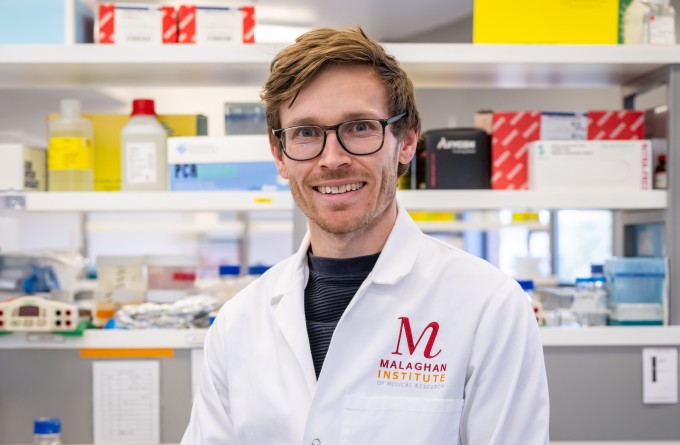
Eradicating H. Pylori bacterial infection to reduce stomach cancer
30 October 2025
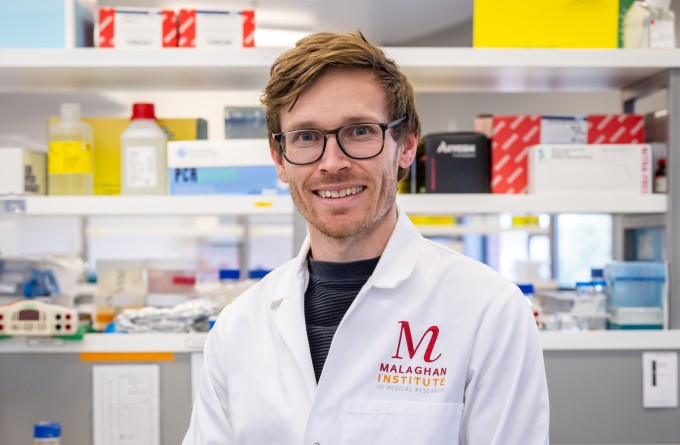
Double doctor: exceptional thesis awarded to Malaghan gastroenterologist
5 June 2024
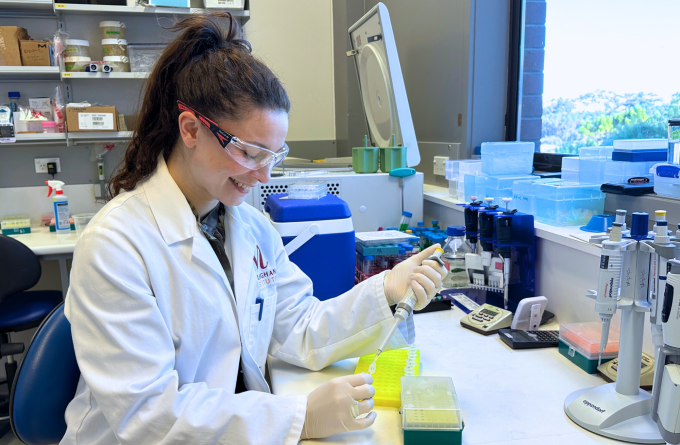
Mapping the lung's fight – how the entire organ responds to infection
18 April 2024
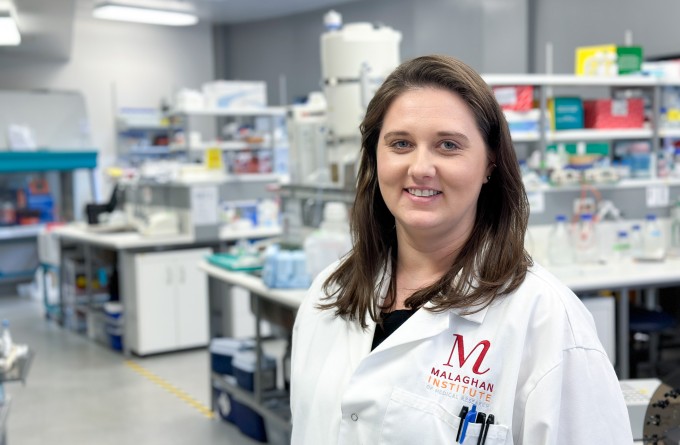
New research suggests hookworms could offer protection from severe Covid symptoms
14 August 2023
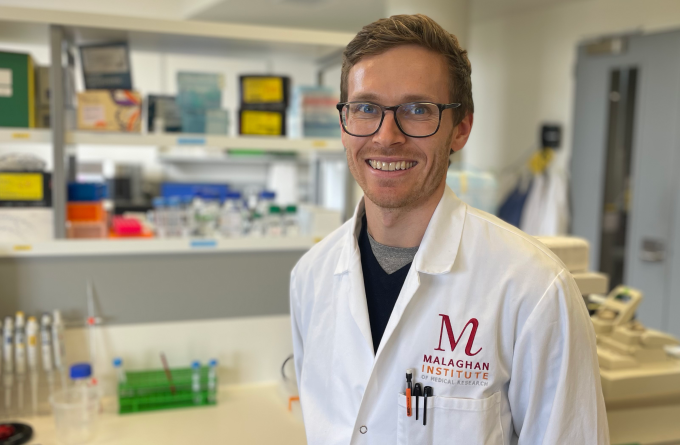
‘Infect and forget’: Hookworm study sets groundwork for medication-free management of inflammatory bowel disease
16 June 2023
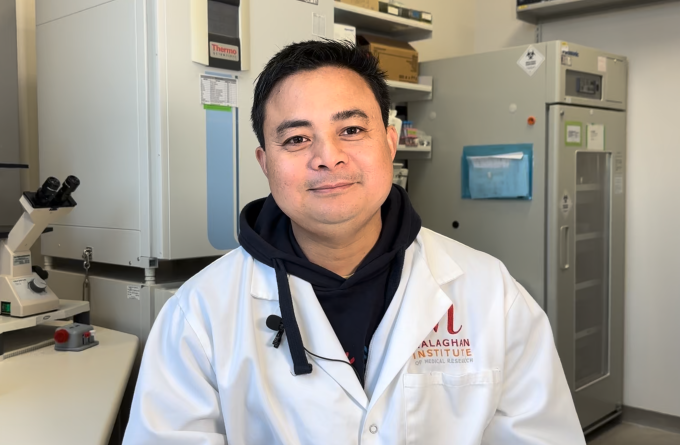
In Focus: From tiger conservation to parasites and the allergy epidemic
10 May 2023
